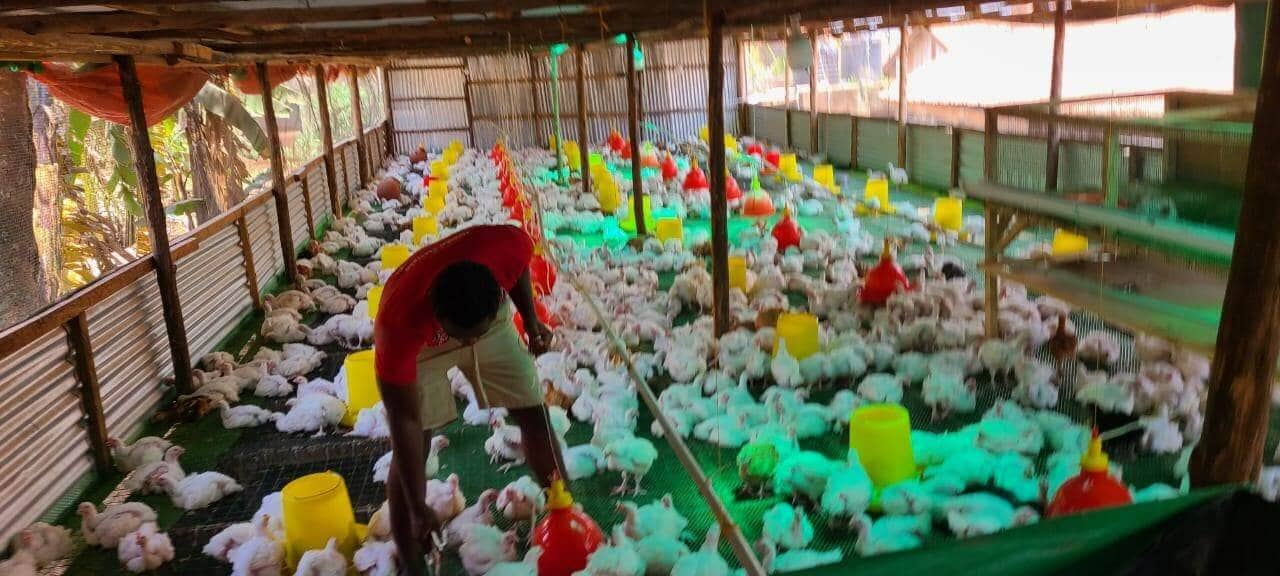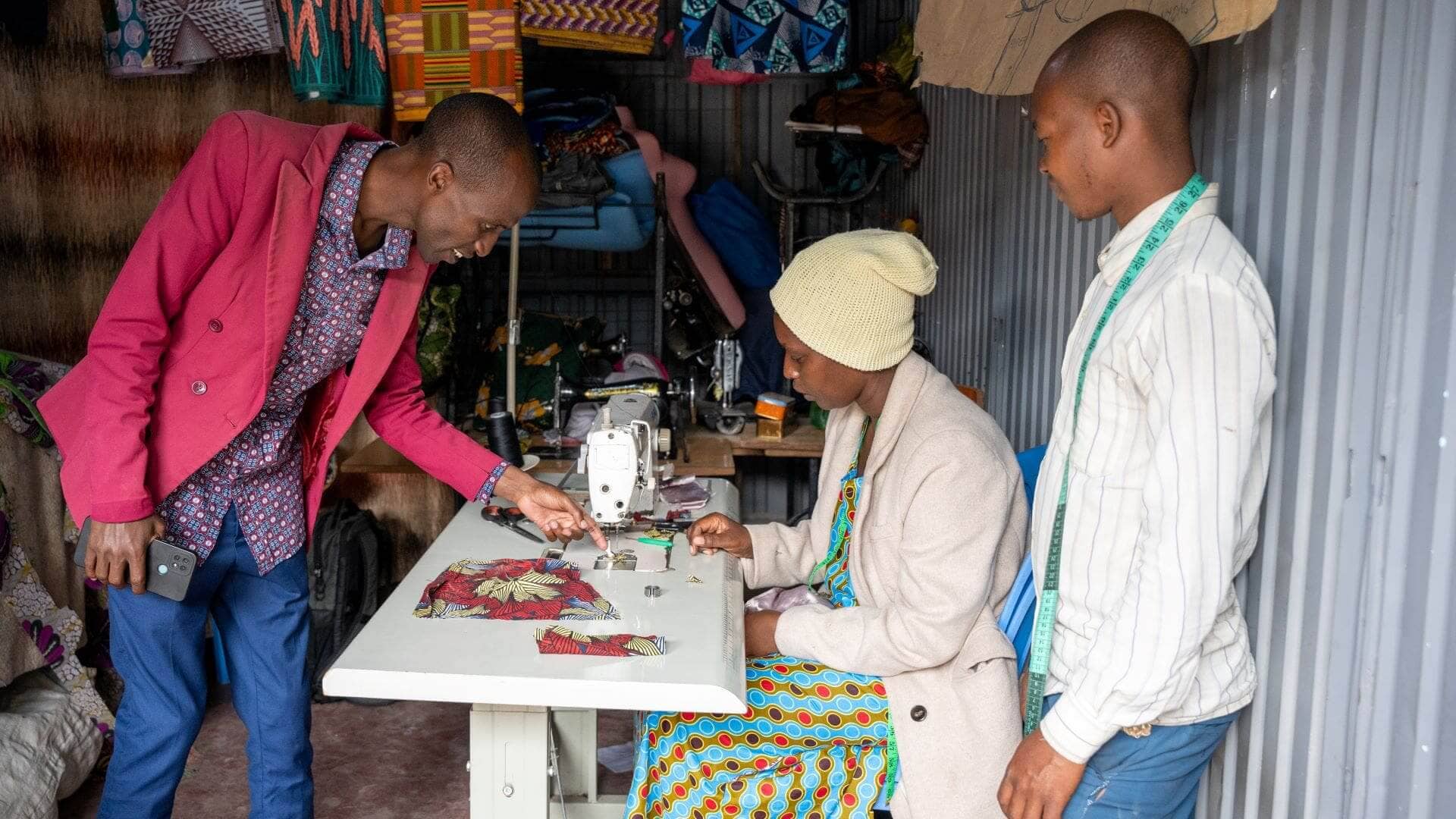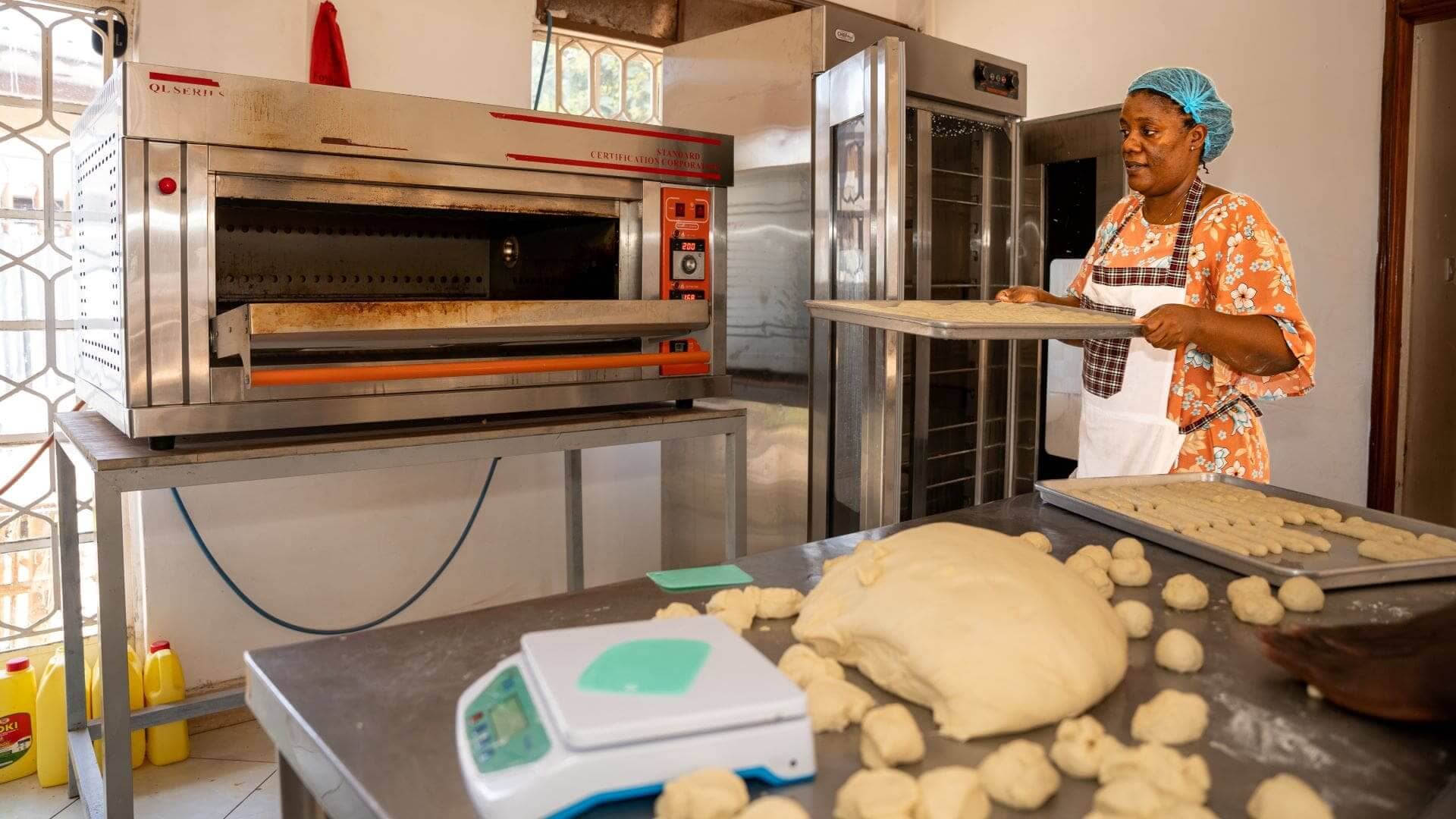A refugee making it in data analytics at top Nairobi marketing firm
A refugee making it in data analytics at top Nairobi marketing firm

The data analytics department of a leading marketing and advertising firm in a fast and competitive metropolis like Nairobi is an unlikely place to find a refugee.
But that is exactly where Sebastian Kampangu Mubulanwa sits.
‘‘I developed interest in computers when I was in secondary school,’’ said Mubulanwa. ‘‘Now I support with the backend work on the system Applications at Hallmark,’’ said the 23-year-old Congolese refugee and budding software enthusiast.
What is the backend? I ask him: “ Simply put, it is what the user of an application does not see; you can read what is on a website, but you can’t see what is behind the website’’.
Hallmark Marketing, based in Nairobi’s upscale Kileleshwa neighbourhood, describes itself as a firm with a philosophy of ‘‘creating a better world, one leader at a time’’.
Mubulanwa sees himself as a future leader in his field ‘‘My ambition is to become a software engineer specializing in developing mobile Apps’’.
Like the story of most refugees, Mubulanwa’s began with displacement from his home country in the South Kivu region in the East of the Democratic Republic of the Congo (DRC). He was only 12 years when he and his uncle found themselves in Kenya’s Kakuma refugee camp in August 2011.
Kakuma refugee camp in the Northwest part of Kenya was established in 1992, according to the UN Refugee Agency. It is in Kakuma where Mubulanwa began his education in 2011. In 2014, he moved to Nairobi to re-unite with his mother who he only became aware was in Kenya while he was in Kakuma. In Nairobi, he enrolled at Gatina Primary School in Kawangware, a low-income neighborhood and later joined St Joseph’s Secondary School. He was, however, unable to complete high school as his single mother, with six other children, was overwhelmed by the large family.
A journey to self-reliance
‘‘I first heard about Re:Build six months before the program—during a forum for youth organized by the International Rescue Committee. Six months later I applied to study IT and Re: Build enrolled me at Kenya Institute of Advanced Technology’’. At the Institute, Mubulanwa picked interest in ‘‘Computer Programming’’ because he felt he already had the ‘‘fundamentals of computers’’. He graduated six months later with a certificate in ‘‘Java and Python programming’’.
With a computer certificate in the hand, he applied for a sales job at Hallmark Marketing in January 2022. ‘‘No one knew him at Hallmark when he walked through our door,’’ said Heri Nyaki, Managing Director, Hallmark.
‘‘We have a vigorous and independent interview process and are an equal opportunity employer—that is how Sebastian found his way through our doors. It means Re:Build did something good for him’’.
Although he joined to work in sales, a field-based job, Mubulanwa’s computer background saw him quickly transition to Hallmark’s data analytics department at the company headquarter in Kileleshwa.
‘‘My life is now better than before. I’m financially more independent. I can buy food for the family and pay rent. I even pay taxes to the government of Kenya’’.
Fastrack law for refugees’ self-reliance in Kenya
The story of refugees like Sebastian Kampangu Mubulanwa point to the immense potential of refugees to contribute to the social economic development of host countries.
In 2021 Kenya passed the Refugee Act - a law giving refugees in the country access to broad rights toward access to work, trade, and access to social services. The enactment of the law was welcomed by the IRC. Many refugees have hope that this will remove barriers in the refugee landscape in Kenya and promote more integration and inclusion.
Having lived in Kenya for the last two decades, Gilbert Asukulu, founder of the refugee-led organization, L’Afrikana, knows the trials and tribulations of refugee life in Kenya and hopes that the implementation is expediated.
‘‘It is only in August 2022 that I registered my phone simcard in my own name. Can you believe it? After more than 20 years? ’’ Asukulu rhetorically asked.
In 2022, Re: Build conducted multiple advocacy and engagement activities in Nairobi with banks, the private sector, city authorities and the government to address barriers to urban refugee self-reliance. Jamin Kusuania, the Re:Build Advocacy Manager in Nairobi says there is a need for the government in Kenya to fast track the progressive refugee law.
‘‘Though the Refugee Act 2021 expands on the rights of refugees to pursue work and attain self-reliance, there is a need to fast track the refugee regulations to be able to provide the framework for the realization of rights envisioned in the act’’ said Jamin Kusuania.


